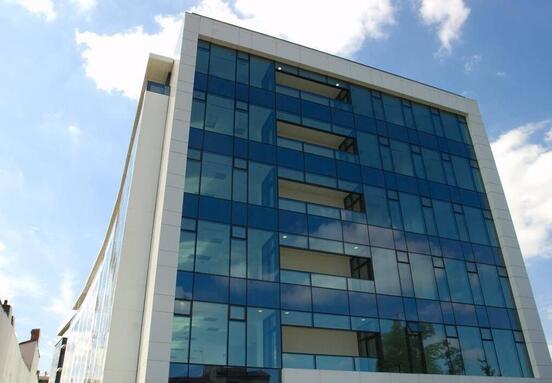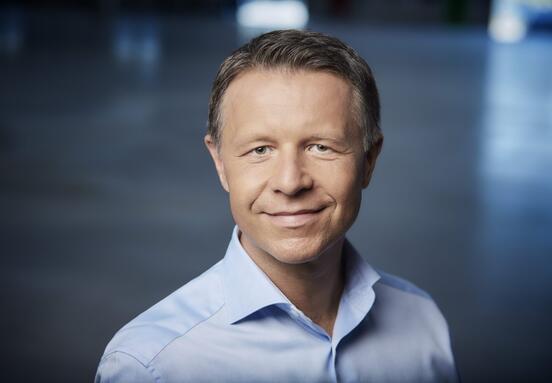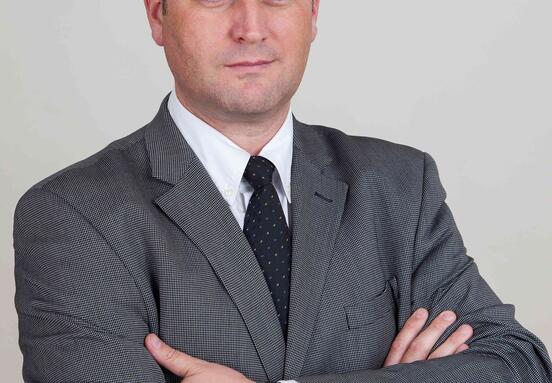‘The mid-2014 results, amid the lack of investments and major development / infrastructure projects, have made us expect a contraction of the market to 10% year on year. Well, the market has recovered massively in the past six months, so we are now at the same level as in 2013, thus confirming the market’s stabilization. This recovery was mainly based on higher consumption in H2 2014, as well as the on the positive trend of industrial production,’ said ARF President Bogdan Rosu.
According to him, the sector which funded itself and managed the most through domestic factoring is the construction one, holding a 23.82 percent share of all operations, in significant decrease compared to 32.8 percent in 2013, ‘confirming the very low level of investments and projects carried out last year, but also the high level of non-performances in this sector (28 percent of total funding, according to the National Bank).’
The lowest percentage of financing through domestic factoring was recorded in the pharmaceutical sector (2.5 percent). Other significant increases in the shares of the sectors that resorted to domestic factoring were seen in the metals & chemicals & recycling sector (8.72 percent in 2014, compared to 4.72 percent in 2013), and in transport (7.58 percent in 2014, compared to 6.2 percent in 2013).
‘The study into the factoring market in 2014 gives us interesting information also about the auto market, which reported substantial increases last year, both in terms of export as well as import. The shares of import and export factoring in the auto segment rose in 2014, but the main sector that resorts to factoring, both in terms of export (60 percent), as well as import (33.5 percent) remained, also in 2014, the metals & chemicals & recycling sector,’ Bogdan Rosu mentioned.
The ARF informs that the market study also monitors the profile of the companies accessing factoring solutions. Thus, the largest volumes unfolded through factoring in 2014 come from companies that have turnovers of over 50 million euros (43.30 percent). The contribution of the companies with a turnover of 5 to 50 million euros was 36.40 percent, whilst 20.30 percent come from companies with turnovers below 5 million euros.
The ARF conducted a study, earlier this year, among specialized banks and non-banking financial institutions on the trend of the main parameters of the factoring market in 2014.
Factoring is a package of services that is based on the purchase of liabilities resulted from the supply of services or provision of services. (source: nineoclock.ro)






